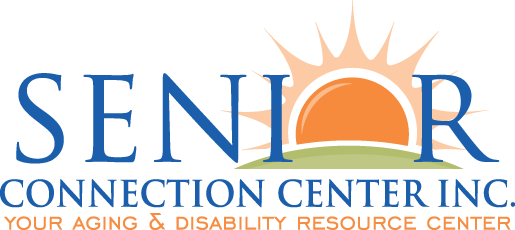One of life’s great constants is time. It keeps moving forward and with that comes aging. How we age is up to us and nutrition plays a major role in the process. Nutrition impacts our physical, mental, and social health. As we get older our bodies go through a few changes. There is a need for fewer calories and more quality protein. Our bone density decreases and so does our body’s ability to absorb vitamin B-12.
According to Feeding America, older adults begin to lose lean body mass as they age. Additionally, they are less physically active, which leads to less energy needs (lower calorie intake). As a result, there is a decrease in appetite, so those nutrients needed to maintain good health are harder to come by.
Less lean body mass also means that there is less protein in the body. Lower protein is associated with frailty, less efficient wound healing, and a weaker immune system. From these factors we can see how important it is for older adults to eat high-quality proteins. This may be difficult for older adults with limited resources or food insecurities, but there are resources available for those who fall into those categories.
Another change due to aging is decreased bone density. In recent years, there has been a big push in the medical community for adults to work to increase their vitamin D levels. Along with vitamin D is its friend that goes by the name Calcium. This is really important. Vitamin D and Calcium combine to help keep our bones as strong as possible for as long as possible. Older adults can benefit from this as it helps slow down the development of osteoporosis.
Many older adults undergo a decrease in an essential component to digesting vitamin B12 in the stomach, which is known as intrinsic factor. This decrease can lead to a vitamin B12 deficiency. Vitamin B12 is associated will red blood cell formation, mental function, and DNA synthesis. It is found naturally in animal products such as fish, meat, poultry, and dairy. The decreased production of intrinsic factor results in less absorption of vitamin B12 from its natural source. It is suggested that older adults include foods that are fortified in B12 in their diet, as it is easier to absorb B12 in its natural form.
Tips
- Eat better and become more active
- Eat more fruits and vegetables
- Reduce sodium intake
- Be careful of foods high in saturated fat and cholesterol
- Reduce consumption of fats and sugars
- Eat more lean proteins
- Choose more whole grains instead of refined grains
- Eat more foods fortified with vitamin B12
Another important factor for improving nutrition is Food Safety! Making sure to wash our hands, fruits & vegetable, and surfaces that come in contact with foods will protect us from foodborne illnesses. Keeping raw, cooked, and ready-to-eat foods separated gives us an extra line of defense. Last but not least, cooking foods to a safe temperature and refrigerating perishable items will keep you in the safe zone.
This article is sponsored by Metz Culinary Management
Since 1994 Metz has been an innovative leader in the hospitality industry, bringing restaurant-quality cuisine and service to our foodservice operations in healthcare, senior care and active adult communities. Our menus offer fresh, nutritious, enticing options that provide critical, healing nutrition. We source the best local foods and ingredients, and offer an abundance of vegetarian, vegan, heart-healthy and lower fat choices. In addition, we offer an assortment of value-added services such as nutritional analyses, food-medication interaction reports and room service options. Metz Culinary Management is a proud supporter of Senior Connection Center and their mission of helping people age at home with dignity.
